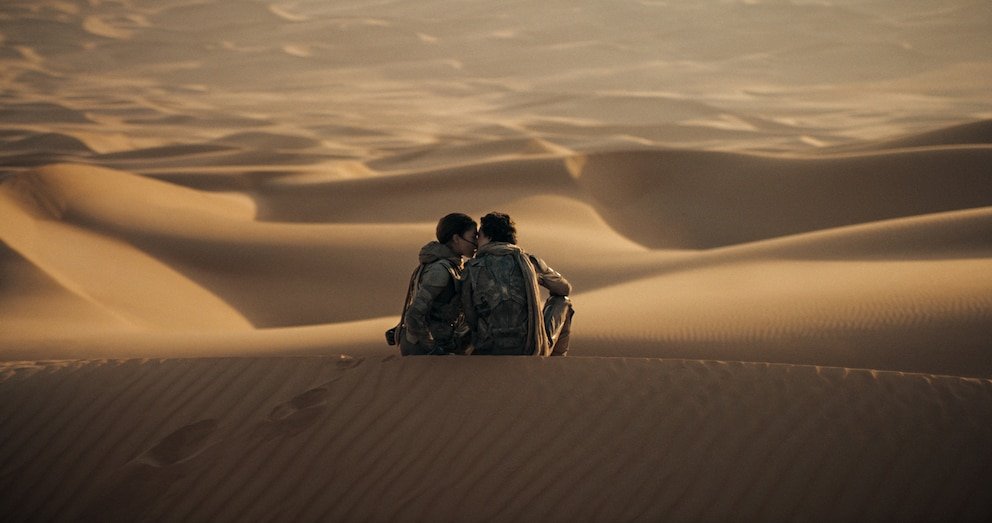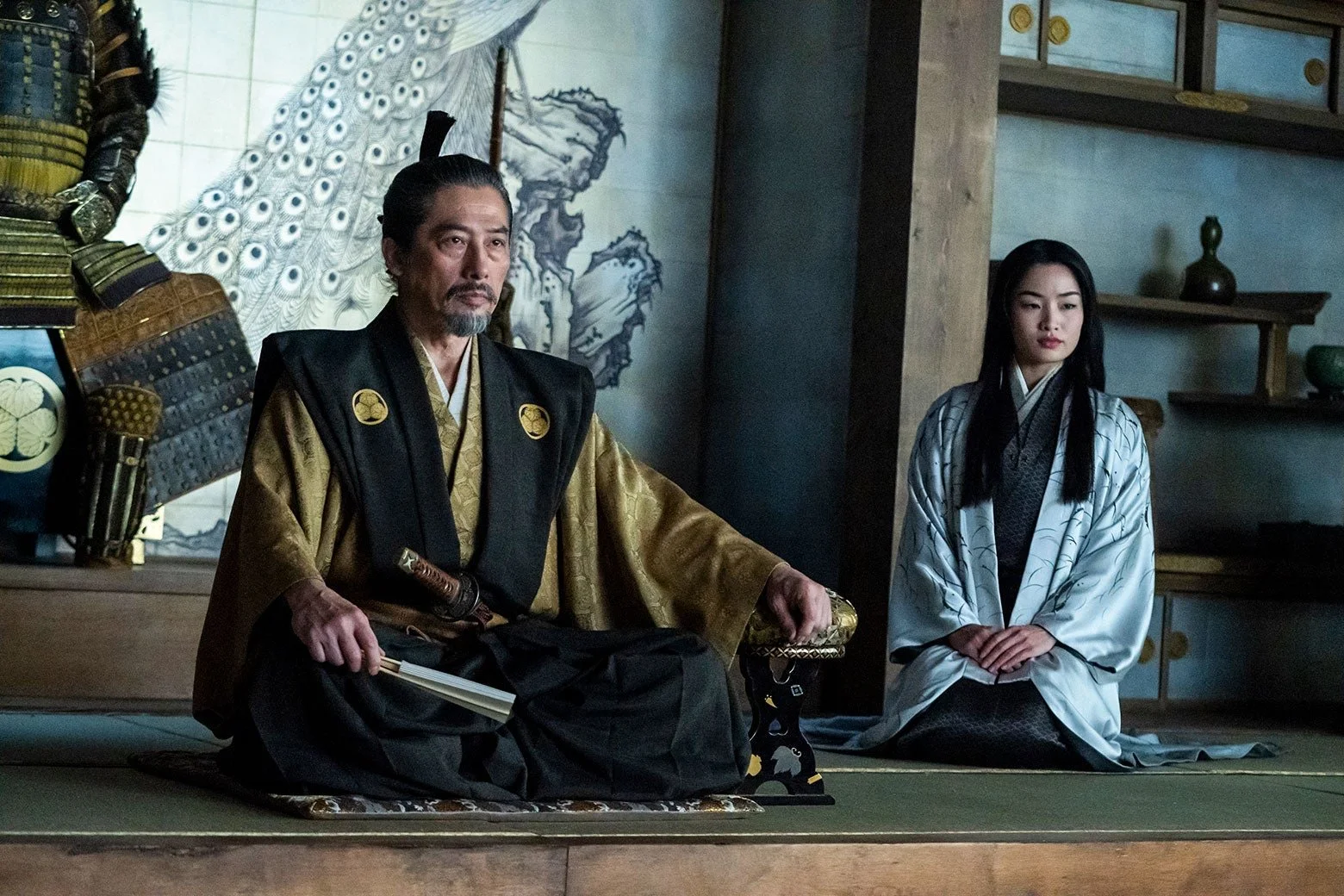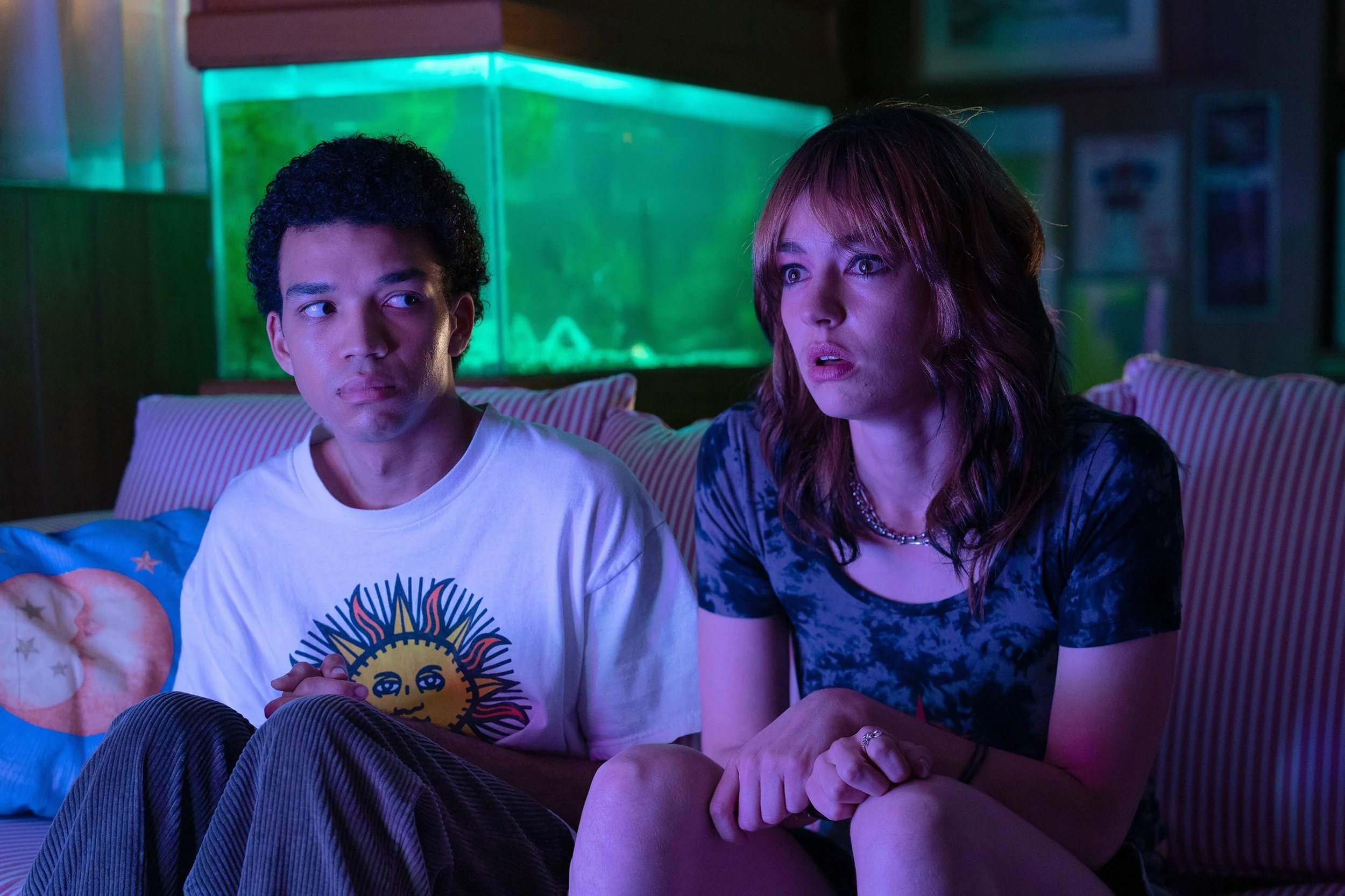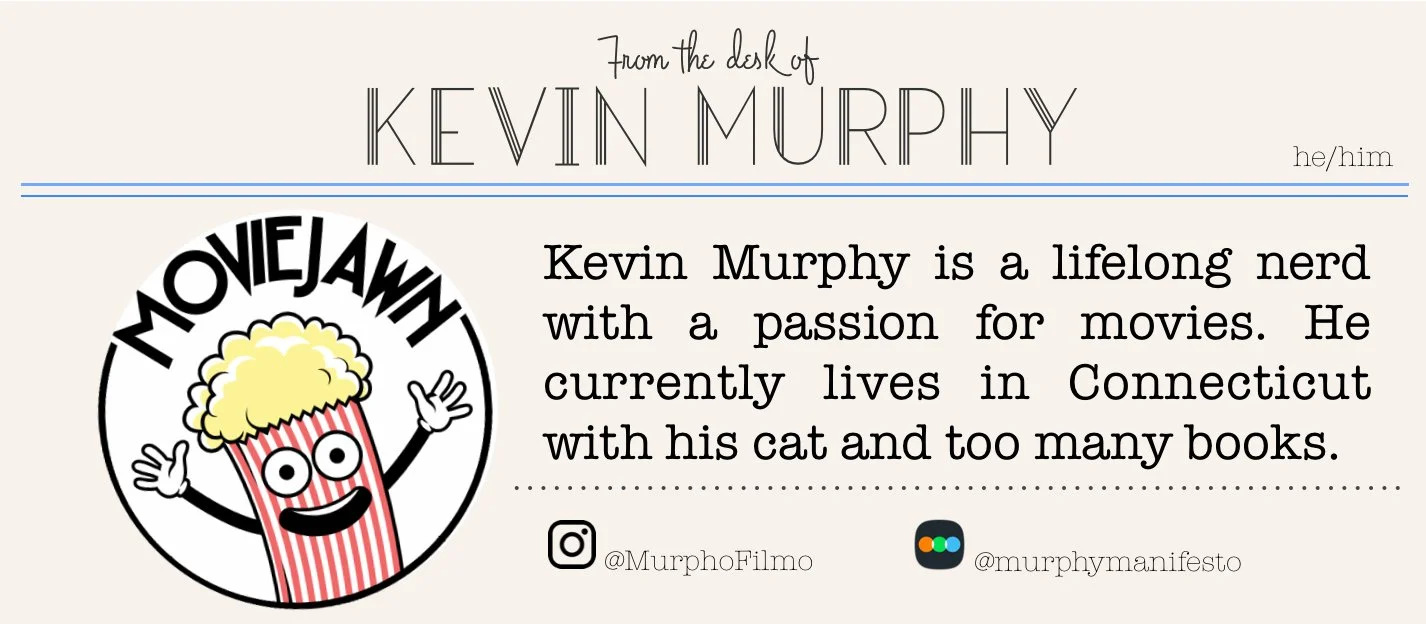Best of 2024: Kevin Murphy's Top 8 movies
by Kevin Murphy, Staff Writer
While I didn’t watch as many of this year’s releases as I would’ve liked to, there’s a handful of works that very much stood out to me when I saw them and that stick with me even months later, overcoming the recency bias of later releases. These are in no particular order; I’ve got varying reasons for loving them, and comparison just doesn’t work with those metrics.
That said, I’m going to do the Dad trio to start–franchises and stories that I’ve enjoyed ever since my father introduced me to them decades ago.
Furiosa: A Mad Max Saga (dir. George Miller)
I remain my father’s son. He showed me the original Mad Max when I was too young for it (also true of other favorites of mine like RoboCop, and Alien), and The Road Warrior was a VHS I watched fairly frequently. When Mad Max: Fury Road came out in 2015, I was thoroughly reinvested in the long-dormant franchise, and although it’s been almost a decade since that entry, Furiosa worked the same magic. Although I may give the more concise Fury Road the edge between the two, Furiosa does a significant amount of worldbuilding that fleshes out so many characters and why Furiosa is who she is. I loved that she was not transformed into a warrior by what happened to her, but refined her already-present resourcefulness as she developed goals beyond mere survival in the wasteland. In particular, “The Stowaway” is one of my favorite action sequences in a while because of how dense it is not just with that action but also how it tells its story and develops her character. Furiosa also ties into the 2015 video game with the character of Scabrous Scrotus, another of Immortan Joe’s wretched sons, and I like how that helps to further expand the world.
Alien: Romulus (dir. Fede Alvarez)
The Alien franchise is scary again, and gets original after tying this one strongly to everything that came before. This entry does something that feels so refreshing after decades of overqualified people making stupid decisions in situations where they’re aware of the danger. In short, Romulus takes a bunch of people who have no future and therefore take excessive risks, who are expected to make bad decisions, and puts them into a scenario where their ignorance and recklessness is at odds with their chances of survival thanks to a being that is a predator with deadly efficiency. It doesn’t depart from the formula much, and I understand complaints of it being too much of a referential work that just treads familiar paths; however, I feel like this is a strength because it allows for a focus on just making the film a more effective horror work. It’s been a long time since I’ve watched a scene through my fingers, and Romulus made me do it several times. That’s worth a lot.
Dune: Part 2 (dir. Denis Villeneuve)
Yeah, yeah, a white guy likes Dune. Shocking, I know. I’ve been a fan of this book since I was a teenager and the way that Villeneuve’s first entry did such a great job of capturing the tone of the novel won me over. This second part expands significantly on that, leaving behind the sterility present in the first installment’s visual palette that I found unsatisfying and peering with a more critical eye at the consequences of the decisions made by the characters. It looks at the events from a perspective that gets explored later in the series of books, which is an angle seldom explored in discussions of the source novel, let alone adaptations thereof. Icing on the (spice) cake: Austin Butler is delightful as a deranged Feyd-Rautha, and Rebecca Ferguson ows the role of Jessica.
Shogun
Miniseries aren’t quite movies, so I’m cheating a little bit here (sorry, Emily), but “Crimson Sky” is better than a lot of cinema that’s come out in the past few years so I could scarcely care less. This show is a magnificent production that works like a layered novel, with subterfuge, counterplots, secret agendas, and–above all else–some of the best performances on the small screen in the past year that bring these layered characters to life. Anna Sawai deserved the Emmy she received for her performance here, and the series as a whole is a remarkable work of politics and intrigue with a British wild card thrown in to add a note of chaos which not all characters can adapt to. I also love how much of the dialogue is in Japanese, which helps lend a sense of authenticity to the production in a way that makes it feel distinct from American studio works. The score is brilliant, the visuals are breathtaking, and the twists and turns of it consistently left me eager to continue with its next chapter.
The Featherweight (dir. Robert Kolodny) and The Paragon (dir. Michael Duignan)
I won’t go too deep into details here, because I wrote reviews for these two movies that can be read here and here, respectively, but I do want to highlight them again.
The Featherweight is a story about someone from my home region, filmed there, and led me to a lot of unexpected contacts and knowledge about the film and a figure about whom I was only vaguely aware, as well as the sport of boxing itself. And beyond this personal aspect, it’s a great small-budget drama that punches well above its weight class and has some great performances at its core. I’m very happy to say that The Featherweight has recently secured a distributor and is slated for a digital release early next year.
The Paragon has a lot of the same high points–with an even lower budget, which also matches its weird sci-fi roots. There’s good performances and some absolutely hilarious moments, all colored by the dry sense of humor that New Zealand excels at, and it hides its seams so well for something that cost so little. And to circle back to the personal side, this was a review that I was so excited about writing because I realized that someone actually wanted me to talk about a weird little movie the way that I’ve always wanted to.
I Saw the T.V. Glow (dir. Jane Schoenbrun)
This is the best and most meaningful film I’ve seen released this year.
Trans allegory is more universal than people might think, and The Matrix demonstrated that decades ago. Schoenbrun’s latest release is deeply tied to gender identity, nostalgia, and the lies we tell ourselves to avoid changing our safe discomfort; it's about the things we lose over time, and how hard it is to recapture what we once had. I won’t claim to have a deep understanding of the experiences at its core, being cisgender and only able to speak to them based on what other non-binary and trans creators have shown, but the way that those perspectives come across as the harsh inner struggle between what one believes themselves to be and what one knows they actually are, especially when the latter is harder to show, can translate across so many groups. This makes the gender and body image dysphoria that spawns these narratives so much easier to understand for those who don’t have those experiences.
Its heaviest message, scrawled openly in chalk, is that there is still time- it's not too late to be honest with ourselves and recognize who we are, in ways that we might be reluctant to see. The impact that this had on me was comparable to the final episodes of Neon Genesis Evangelion: it’s such an overwhelming wash of emotions, piercing so deeply, that I got up and silently cleaned my room because I had no clue what to do with all of the turmoil that had been kicked up inside of me. This is high praise for an experience such as this–a work of art that makes you feel the need to do something physical to process it is a very rare and special thing.
Crust (dir. Sean Whalen)
Okay listen, I know that this is a B-horror/comedy about a killer sock monster and putting it next to I Saw the T.V. Glow is weird, but hear me out. As far as low-budget independent works go, this one impressed the hell out of me, and was such a fun time when I saw it with an audience (twice!) that I can’t exclude it from my list. While I admit bias as I know some of the people involved as cast and crew, it’s impossible to deny that writer/director/star Sean Whalen has a contagious enthusiasm for this personal work that has shone through, and I love the openness he has shown when discussing his own depression and anxiety that form the heart of the film’s ideas. It’s so specifically what it is in regards to its budget and capabilities and exists in a very cheesy world, and that makes it all the more of a pleasant surprise in how it succeeds at the important non-cheesy elements that are so crucial to its emotional core.
If you can accept–or better yet, embrace–the uncomfortable and cringe-inducing moments that lead up to the film hitting its stride, Crust offers an experience that is unique and delightfully strange.











